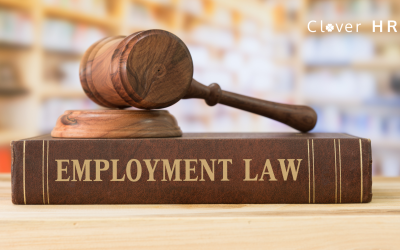The Dangers of Relying on AI for HR Advice: Why Human Expertise Is Crucial for SMEs As technology...
HR Blog
As a trusted source of information, our blog is updated regularly with articles, best practice guidance and ‘how-tos’ and lots of fantastic content to provide our readers with the latest in HR news and guidance, informative and engaging, helpful resources.
How NVIDIA Became the Poster Child for Organisational Culture
NVIDIA organisational culture is a key driver behind its impressive journey from a fledgling...
Labour’s Employment Law Reform: A Comprehensive Overview
The Labour Party's resounding victory on July 4, 2024, has ushered in a new era of employment...
Mastering Work-Life Balance: A Strategic Guide for SMEs in the UK
Achieving Harmony: The Art of Work-Life Balance in Modern SMEs In an era where the line between...
The Future of Recruitment: Integrating Technology and Human Insight
Technology and Human Insight Are Shaping The Future of Recruitment Recruitment is a vital function...
Navigating HR Compliance: Essential Guide for UK SMEs in 2024
How An HR Consultancy Keeps You Compliant In the UK, modern laws, regulations and standards are...
Navigating HR Challenges: 5 Ways HR Consultancies Aid SMEs
In the fast-paced and ever-changing landscape of small and medium-sized enterprises (SMEs),...
Remote Work Revolution: A Complete Guide for SMEs
Remote Work Revolution: A Complete Guide for SMEs Over the last few years, the landscape of...
Leading Through Crisis: Lessons from OpenAI’s Employee Uprising
Introduction In the ever-evolving landscape of business, understanding the dynamics of company...
Horizon June 23
In this month's Horizon, we are going to discuss three new employment bills, new guidance from...









